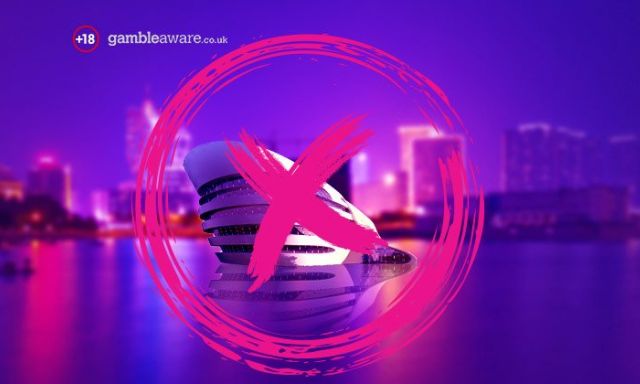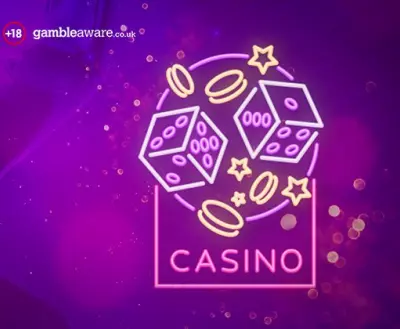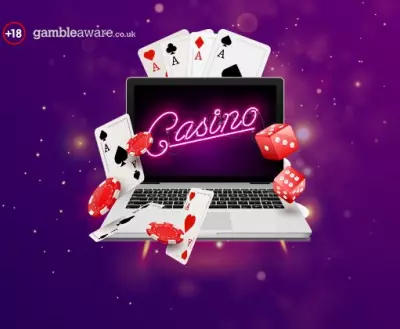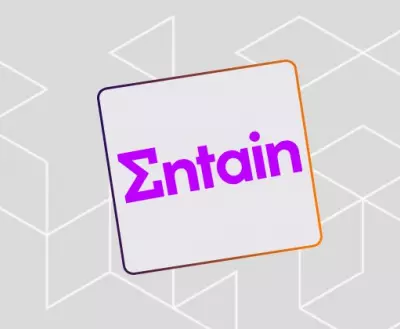Casino developers often find themselves in something of an arms race, to build the biggest and best facilities they can. With billions spent on developing bigger, better casino resorts, it’s now more important than ever that the building makes a statement, as well as providing all the facilities they need to attract players from across the world.
Fintech company Dragon Corp. set out with ambitious plans to raise the bar, by building a casino resort floating off the coast of Macau. The casino was to be powered by blockchain technology, in one of the first moves of its kind from a significant land-based resort. The company even raised over 400.00 million through its ICO, with a pitch that was in part backed by their venture in Macau.
However, the project hit the rocks over commercial disagreements, with suggestions of involvement from triad gangs only adding to their woes. Now, Dragon Corp. has spoken out on the failure, blaming one of their early partners for collapsing the deal.
Dragon Corp. has put the blame squarely on the shoulders of Brova Idea, the Norway-based company that was secured to build the resort. According to lawyers for Dragon, it was Brova’s failure to secure the necessary funding for the build costs that put the final nail in the coffin.
Representations from Dragon allege that the Brova’s CEO had been demanding payments up-front, counter to their agreement, without being able to demonstrate 80% of the funding for the project had been secured. According to Dragon, specific terms under the contract specified payment schedules, which were contingent on Brova finding the funds themselves to finance the build in the first instance.
Dragon’s CEO Chakrit Ahmad was unequivocal in his criticism of Brova, and their CEO Milo Andric. In comments to the Macau News Agency, he detailed the problems around Brova’s extra demands for payment.
“He demanded cash upfront. We pushed for Escrow or Bank Guarantee and the escrow or Bank Guarantee would have been released once the financing 80 percent was secured according to his promise.”
Interestingly, Andric has claimed Dragon never intended to build their project, and that is was merely a front for their ICO – a claim strongly denied by Dragon. In response, they said that a team had been sent out to Norway to conduct due diligence on Brova, as well as inviting Andric to Hong Kong.
The casino, which was to be known as the Dragon Pearl, was designed to operate using its own cryptocurrency, the Dragon Coin, which was sold off in the initial coin offering back in 2017. However, with the project now no longer happening, or at least in its earliest envisaged form, some questions have been raised from early backers of the ICO.
Dragon Corp. insists the project will still go ahead, but many now no longer be a floating casino as intended. Instead, it now looks as though the project will be based on-land within Macau. However, their problems don’t stop there.
Comments from the Macau Gaming Inspection and Coordination Bureau’s director Paulo Martins Chan have suggested that there are no plans at present for cryptocurrencies to be integrated into any licensed casino resort in the territory – another hurdle that Dragon would need to overcome if they are to get the project off the ground.
In some ways, this serves as a cautionary tale for ICO investors, pointing to the risks of getting involved in such early stage, new tech businesses. For others, it might be a case study in how not to plan a major floating property development. Either way, Dragon will have some early ICO backers to reassure, in light of the difficulties with this ambitious project to date.








